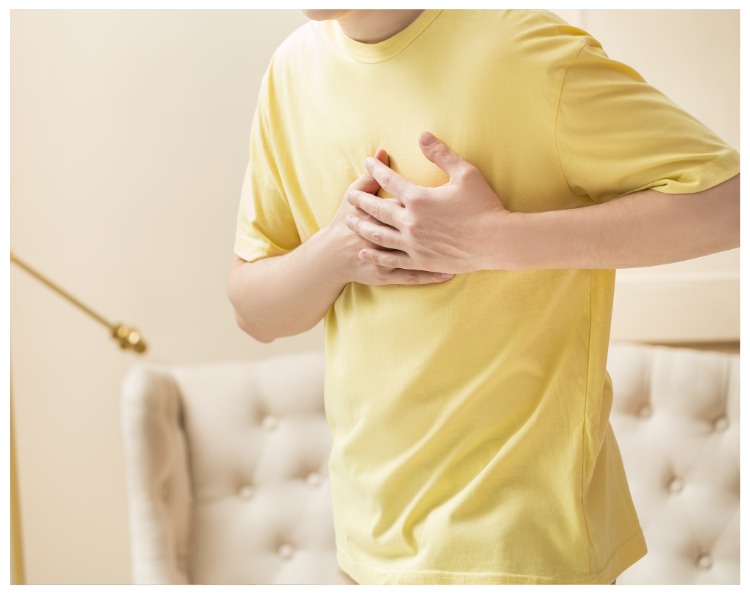Heart Care

Heart Disease
Symptoms
A heart arrhythmia is an abnormal heartbeat. Your heart may beat too quickly, too slowly or irregularly. Heart arrhythmia symptoms can include:
- Fluttering in your chest
- Racing heartbeat (tachycardia)
- Slow heartbeat (bradycardia)
- Chest pain or discomfort
- Shortness of breath
- Lightheadedness
- Dizziness
- Fainting (syncope) or near fainting
- Pale gray or blue skin color (cyanosis)
- Swelling in the legs, abdomen or areas around the eyes
- In an infant, shortness of breath during feedings, leading to poor weight gain
Treatments
Heart disease treatments vary by condition. For instance, if you have a heart infection, you’ll likely be given antibiotics. In general, treatment for heart disease usually includes:
- Lifestyle changes. These include eating a low-fat and low-sodium diet, getting at least 30 minutes of moderate exercise on most days of the week, quitting smoking, and limiting alcohol intake.
- Medications. If lifestyle changes alone aren’t enough, your doctor may prescribe medications to control your heart disease. The type of medication will depend on the type of heart disease.
- Medical procedures or surgery. If medications aren’t enough, it’s possible your doctor will recommend specific procedures or surgery. The type of procedure will depend on the type of heart disease and the extent of the damage to your heart.

